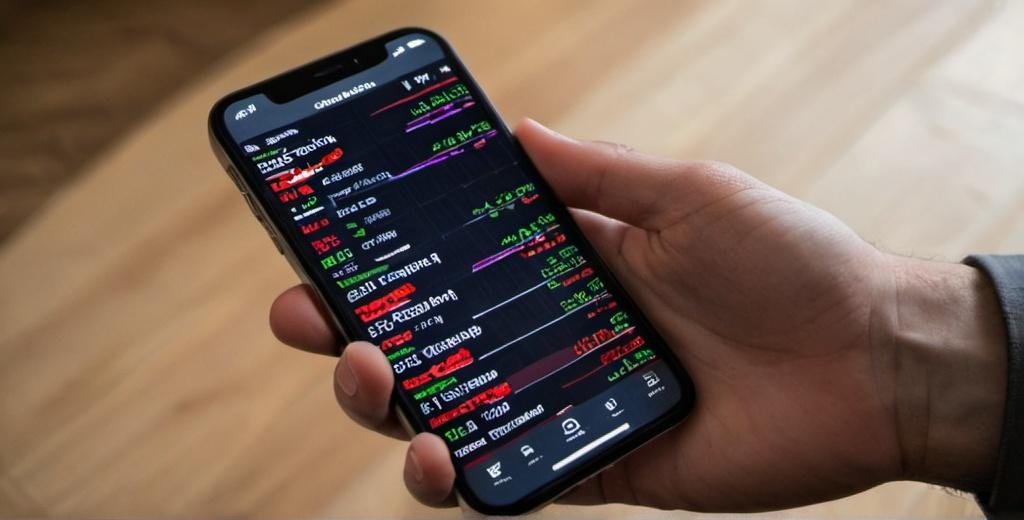Contents
Binary options trading in Russia exists in a grey legal area. The Central Bank of Russia (CBR) does not recognise binary options as a financial instrument subject to licensing under its current regulatory framework. As a result, no domestic brokers are authorised to offer binary options legally to Russian residents. However, access to offshore platforms remains widespread, and the market continues to operate informally through foreign websites and mobile apps.
Russian traders regularly use VPNs, cryptocurrencies, and unlicensed brokers to place short-term speculative trades despite the absence of legal protections or state supervision.

Regulation and Legal Framework
The Central Bank of Russia has issued multiple warnings about high-risk speculative instruments, including binary options. Although binary contracts are not banned outright, the regulator prohibits licensed financial firms from offering such products to retail clients. The CBR has also flagged binary options platforms in its public list of “dubious financial services providers,” placing them in the same category as pyramid schemes and unlicensed forex dealers.
In 2016–2019, some binary brokers operating in Russia sought registration with the Federal Financial Markets Service (FFMS), but regulatory tightening forced most out of the market. Today, any platform offering binary options in Russia is operating without domestic approval and in technical violation of consumer protection laws.
Despite the warnings, enforcement is light. Most platforms continue to serve Russian users by hosting servers abroad and providing content in Russian. There are no known prosecutions of individuals for using binary options platforms, but users have no legal path for recovering funds lost to fraud, account blocks, or platform shutdowns.
A list of accessible offshore providers, trading formats, and user precautions can be found here: binary options broker in Russia.
Platform Access and Trading Conditions
Russian traders access binary options through foreign platforms typically registered in offshore financial centers—such as the Marshall Islands, Seychelles, or Caribbean territories. These platforms provide Russian-language interfaces, accept crypto and e-wallet payments, and are often promoted through Telegram, VK, or YouTube.
Registration is simple: users provide an email address, password, and photo ID for account verification. Some brokers allow trading without full KYC until withdrawals are requested.
Popular trading assets include:
- Currency pairs (EUR/USD, USD/RUB, GBP/JPY)
- Gold and Brent crude
- Index-based synthetic contracts
Trade expiries are short, commonly ranging from 30 seconds to 15 minutes. Most traders use mobile apps, especially on Android devices, although web-based platforms are available.
Deposits and Withdrawals
Due to limitations on international banking, funding methods are largely crypto-based. Russian traders rely on Bitcoin, USDT, or Ethereum for both deposits and withdrawals. Some brokers support Qiwi or Perfect Money, but these options are declining in availability due to payment processor restrictions.
Crypto funding allows traders to bypass Russian financial monitoring, but it comes with exposure to volatility, transaction errors, and irreversible fund loss if account disputes arise.
Withdrawals often come with hidden conditions:
- Minimum volume requirements if a bonus is used
- Identity re-verification delays
- Arbitrary processing fees
- Unexplained delays during periods of high withdrawal activity
There is no external authority to challenge these practices, and support from offshore brokers is often slow or automated.
Trading Culture and Behaviour
The Russian binary options market skews heavily toward retail speculation. Many users approach it not as structured investing but as short-term wagering. The appeal lies in:
- Low deposit thresholds
- Fast results
- Simplified technical indicators
- Community-based signal groups
Telegram plays a central role in binary trading culture. Dozens of Russian-language channels offer signals, trade setups, or broker promotions—often in exchange for affiliate commissions. These groups rarely disclose risk, and fake screenshots of profits are common.
There is little emphasis on capital preservation, and most traders operate without formal strategies. Re-depositing is frequent, and consistent profitability is rare.
Risks and Warnings
Because the platforms operate outside Russia’s legal system, the risks are considerable. Key concerns include:
- No legal protection: Users have no right to appeal pricing errors, account blocks, or frozen funds
- Poor platform transparency: Brokers do not disclose trade execution or expiry logic
- Aggressive marketing tactics: Bonus offers, fake guarantees, and pressure to deposit are common
- No customer service accountability: Complaints may go unanswered or result in blacklisting
The Central Bank continues to caution users against sending funds to offshore platforms, especially those that promise unrealistic returns or use aggressive sales tactics.
Outlook
Binary options will likely remain an offshore-only activity for Russian traders. The Central Bank of Russia is focused on increasing supervision over licensed forex dealers, protecting retail clients, and reducing capital flight through unregulated financial tools. Binary options do not fit into these goals and are not expected to receive legal recognition.
For the foreseeable future, traders in Russia will continue to access binary platforms through unofficial means. This includes VPNs, cryptocurrency wallets, and informal marketing networks. The market will persist, but without formal oversight, and users will carry full responsibility for their financial exposure.
